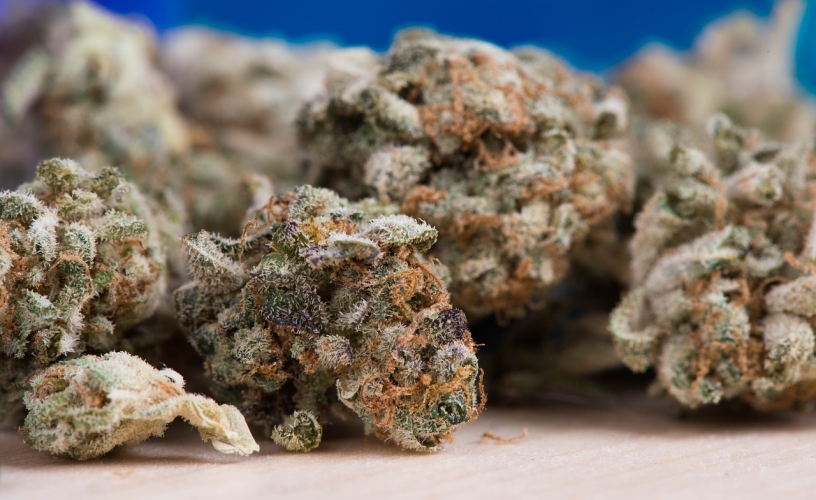THC-O is metabolized similarly to THC, primarily in the liver where it is converted into THC-O-acetate and then further into THC-COOH, an inactive metabolite. The half-life of THC-COOH is about 3-4 days for occasional users, but it can be longer for frequent users due to accumulation in fat tissues. While specific studies on what is thco half-life are lacking, it is reasonable to assume that its metabolites follow a similar excretion pattern to those of THC.
Drug Testing and Detection Windows
Urine Tests:
Urine tests are the most common method for detecting cannabinoids. For occasional users, what is thco can be detected in urine for up to 3-7 days after consumption. For regular users, detection windows extend significantly, often up to 30 days or more due to the lipophilic nature of cannabinoids and their storage in fatty tissues.
Blood Tests:
Blood tests have a shorter detection window. THC itself can be detected in blood for a few hours to a couple of days post-consumption, but its metabolites, including THC-COOH, might be detectable for up to a week in chronic users.
Saliva Tests:
Saliva tests are typically used to detect recent use, with THC being detectable for 24-72 hours after use. However, given that THC-O is a derivative, these windows might be slightly adjusted but likely follow a similar pattern.
Hair Tests:
Hair tests can detect cannabinoids for up to 90 days or longer, reflecting long-term use. These tests are less common but can provide a historical record of drug use.
Factors Influencing Detection Time
Frequency and Quantity of Use: Regular, heavy users will have longer detection times compared to occasional users.
Metabolism: Individuals with faster metabolisms may clear THC-O and its metabolites quicker.
Body Fat: Higher body fat can store more cannabinoids, leading to prolonged detection times.
Hydration and Diet: These can influence the excretion rate of metabolites.
While precise data on THC-O is sparse, it is likely that its detection windows are similar to those of THC due to its structural and metabolic similarities. Generally, THC-O can be expected to stay in the system for a few days to several weeks depending on various personal and usage factors. For those undergoing drug testing, understanding these variables can help in managing and predicting detection times.




